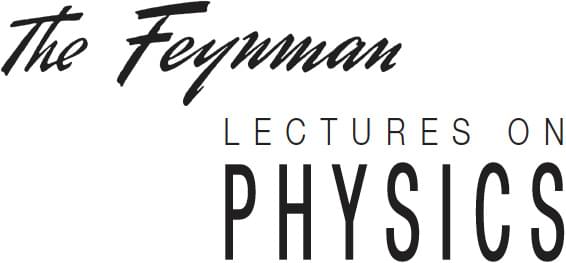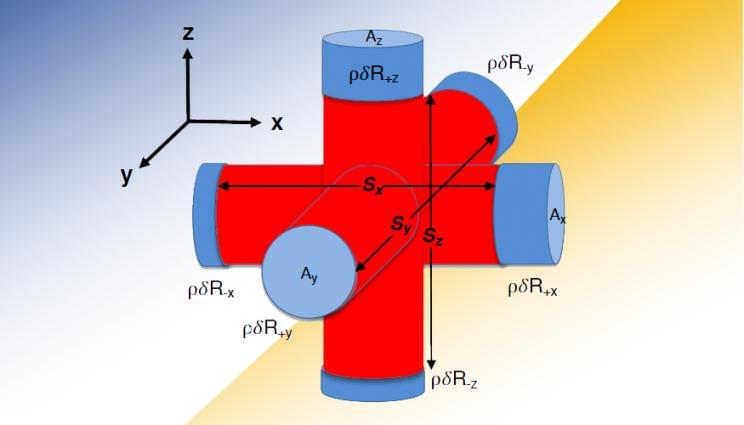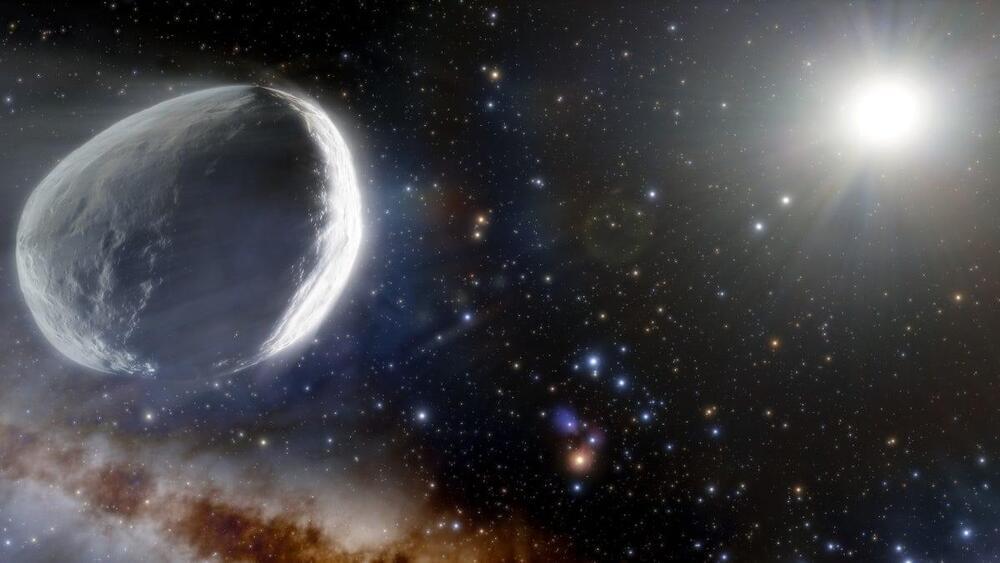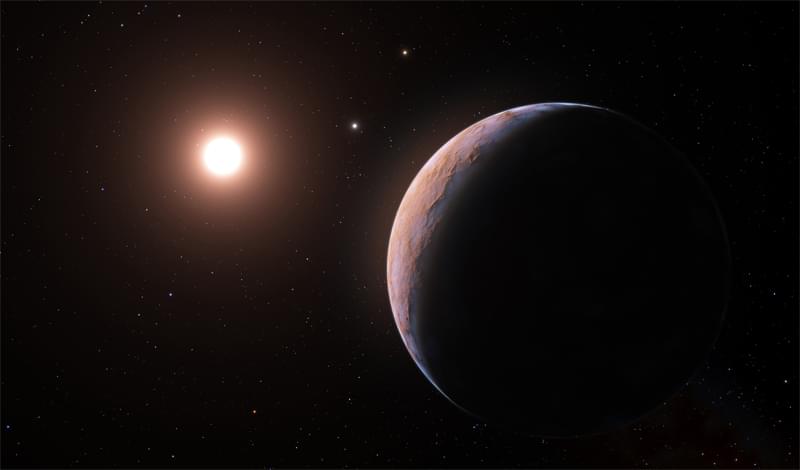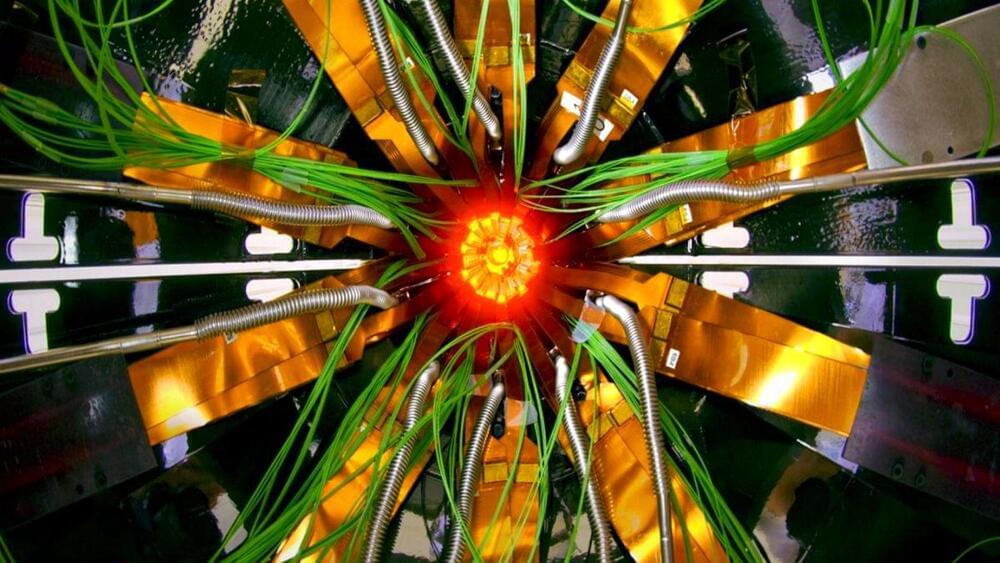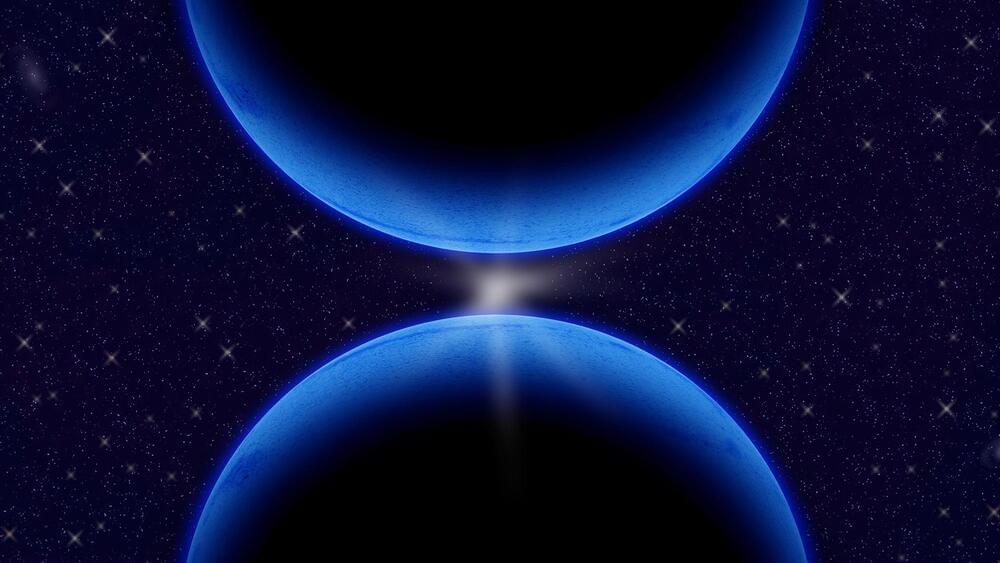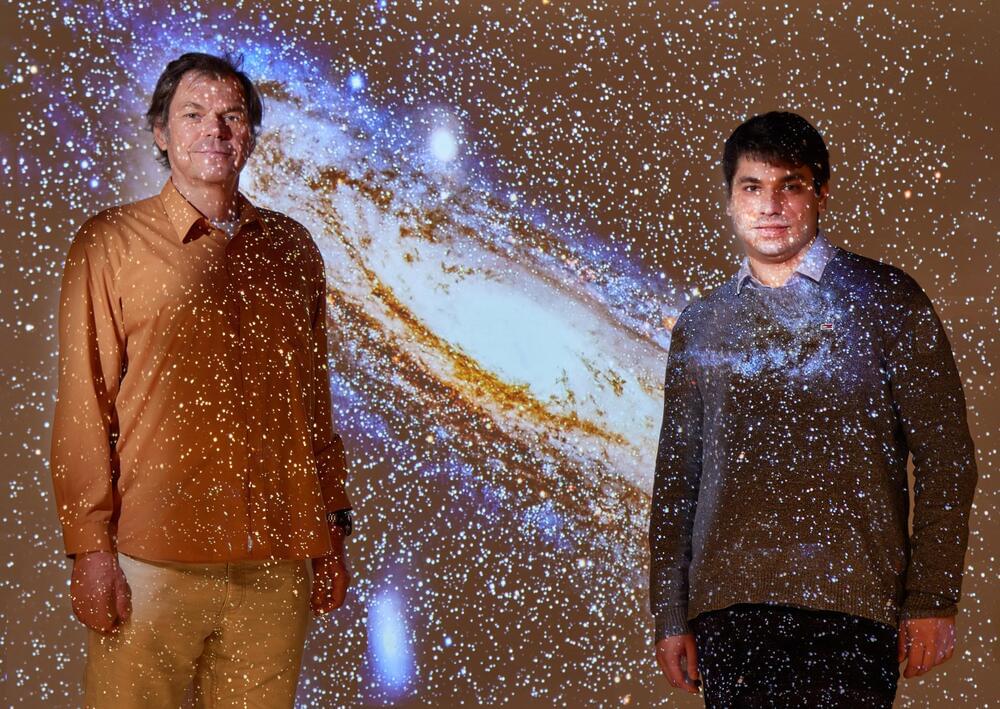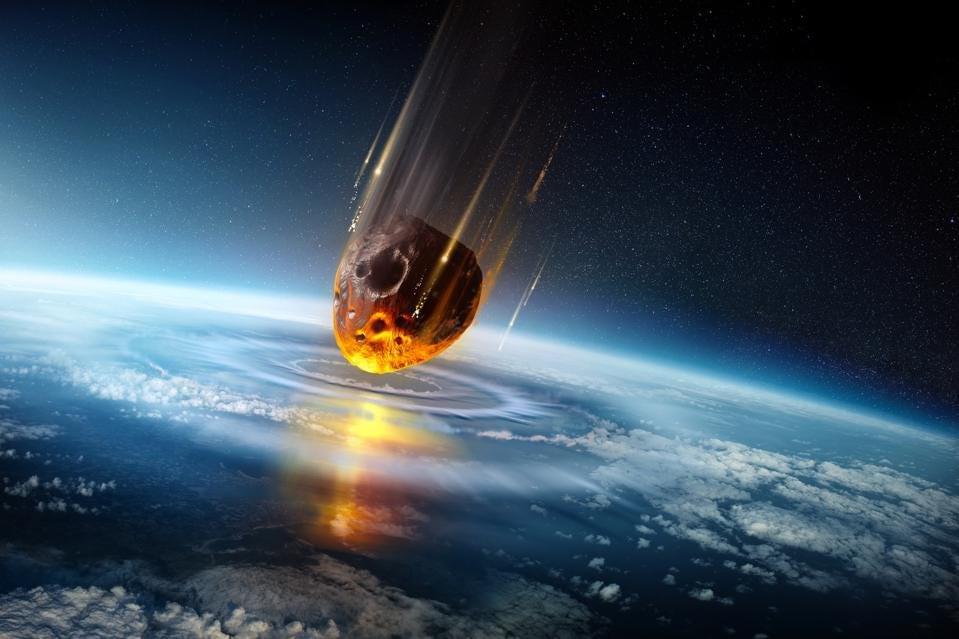Oort Cloud comet C/2014 UN271, also known as Comet measures some 85 miles (137 km) in diameter, give or take 10.5 miles (17 km), reports a research team led by astronomer Emmanuel Lellouch of the Paris Observatory. Their new paper on the mega comet has been accepted for publication in Astronomy and Astrophysics Letters, and you can sneak a peak of the preprint at the arXiv.
These latest observations confirm that Comet is the largest Oort Cloud object ever detected, as it’s nearly twice as big as comet Hale-Bopp (observed in 1997), the nucleus of which measured between 25 and 50 miles (40 and 80 km) wide. It’s also bigger than Comet Sarabat (observed in 1729), which had a nucleus measuring somewhere around 62 miles (100 km) in diameter.
Comet is currently inbound from the Oort Cloud 0, a distant region of the solar system known for packing billions and possibly trillions of icy objects. The comet will make its closest approach to Earth in 2031, when it will come to within 11 au of the Sun (1 billion miles), in which 1 au is the average distance from Earth to the Sun. The comet, coming no closer than Saturn, won’t likely be visible to the unaided eye, but astronomers will be keeping a close watch, as it’s turning out to be a rather extraordinary object.


